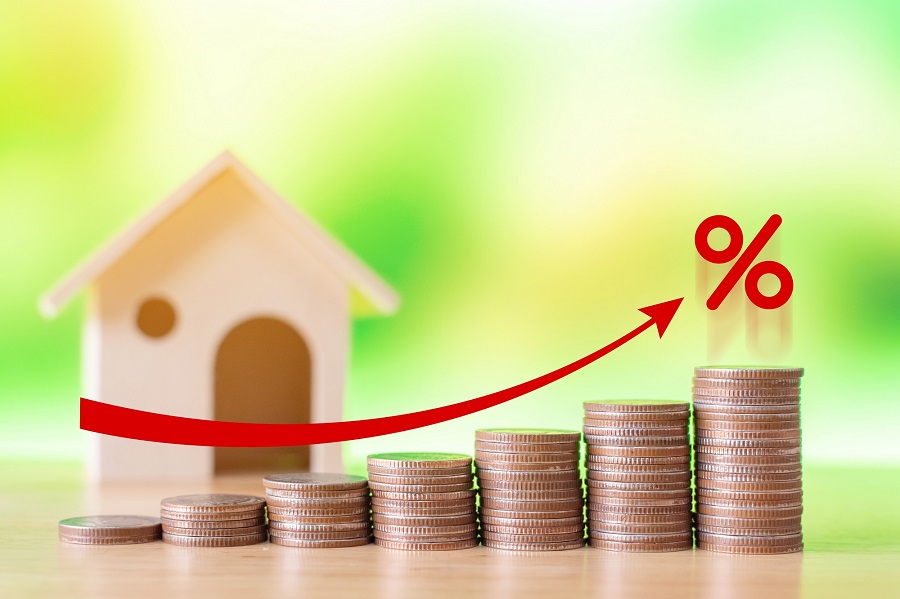How Does Mortgage Interest Work?
Before you take out a loan, it’s important that you understand how mortgage interest works and how it could affect your financial obligations, now and in the future.
The more you know about mortgage interest, the more effectively you can plan ahead for financial success. You’ll be able to anticipate repayment requirements and select the home loan that best suits your property purchasing goals.
So how does mortgage interest work, and could this influence you? Here’s what you need to know!
What is mortgage interest?
When you obtain a loan to purchase a home, you’ll be required to pay back more than just the amount you borrow. You’ll also need to pay interest on the funds you have not yet repaid.
Mortgage interest is a big part of how lenders earn their money. When you agree to repay your loan over a set term, you’ll have to pay a small percentage of what you owe extra. This is the cost of borrowing.
How is it calculated?
There are a range of factors that may influence the mortgage interest you are required to pay.
First, your interest repayments will vary depending on the type of loan you have and whether your loan is on a fixed or variable rate.
If your loan is variable, your interest obligations will also fluctuate to align with the latest cash rate set by the Royal Bank of Australia (RBA). This percentage value changes on a national scale in accordance with market and economic conditions.
Your interest rate may also be influenced by the total value of your property and the amount of money you’ve borrowed towards your purchase. You may pay a different interest rate depending on the lender or loan product you choose or the duration of your loan term.
Mortgage interest vs. principal
When you make mortgage repayments, you are paying towards two factors: your mortgage interest and the principal.
The principal of your loan is what you borrow. Paying principal means that you are directly paying back the money you have been loaned to fund your purchase.
Mortgage interest is an extra fee, calculated as a percentage of the remaining principal in your loan, you pay your lender as a cost for borrowing money.
Over time, the principal you haven’t yet paid back will decrease. This means that more of your repayments will go towards paying interest as you move closer to full ownership.
Fixed or variable interest
The interest you pay on your mortgage can also be greatly influenced by whether your loan is on a fixed or variable rate.
A fixed loan has a set interest rate that is locked in for a predetermined period of time. This means that your interest requirements won’t change, even if the national cash rate rises or falls.
If your loan is variable, your mortgage interest repayments will be prone to fluctuation as RBA rates change, along with other market conditions. Want more information? Contact the best mortgage broker Melbourne has to offer. Talk to the Our Top 10 team today.
